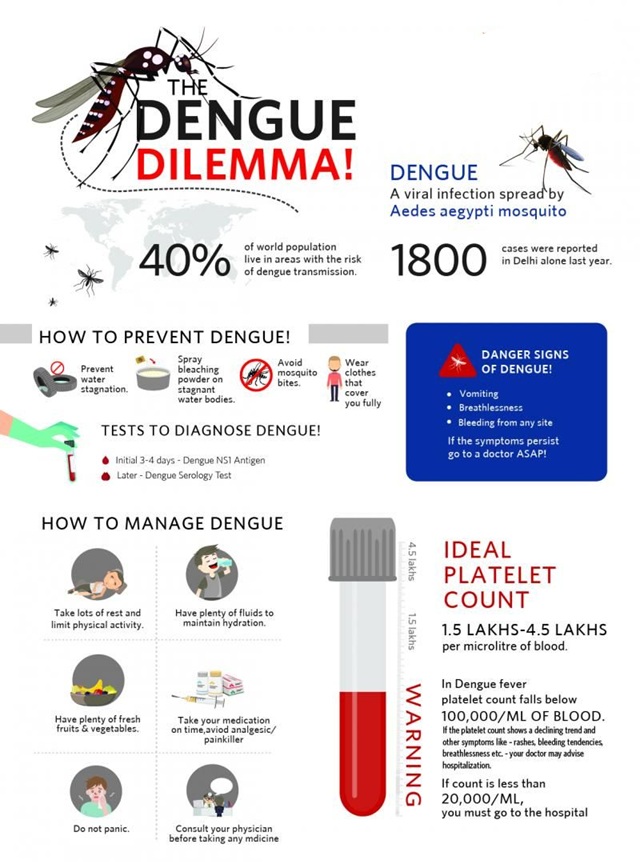Rapid Fire
Dengue Early Warning System
- 24 Jan 2025
- 2 min read
A study led by Indian Institute of Tropical Meteorology (IITM), Pune explores how climate change influences dengue outbreaks, and proposes an early warning system to predict potential outbreaks.
- Climate Impact on Dengue: The study reveals that fluctuating rainfall, and humidity levels between 60-78% during monsoons increase dengue cases, with heavy rainfall above 150 mm (flushing out mosquito eggs and larvae) reducing mosquito prevalence.
- Rising temperatures could increase dengue-related deaths in India by up to 40% by 2050.
- Dengue Early Warning System: The system predicts dengue outbreaks over two months in advance by analyzing climate factors like temperature, rainfall, and humidity.
- Machine Learning and Artificial Intelligence models enhance prediction accuracy, giving authorities critical time for proactive measures.
- Dengue: It is a mosquito-borne disease caused by the dengue virus (Genus Flavivirus), primarily transmitted by Aedes aegypti mosquitoes.
- It has four serotypes (DEN-1, DEN-2, DEN-3, DEN-4). Symptoms include high fever, severe headaches, pain behind the eyes, and intense joint and muscle pain.
- Diagnosis is through blood tests, but there is no specific treatment for dengue.
Read more: Dengue





